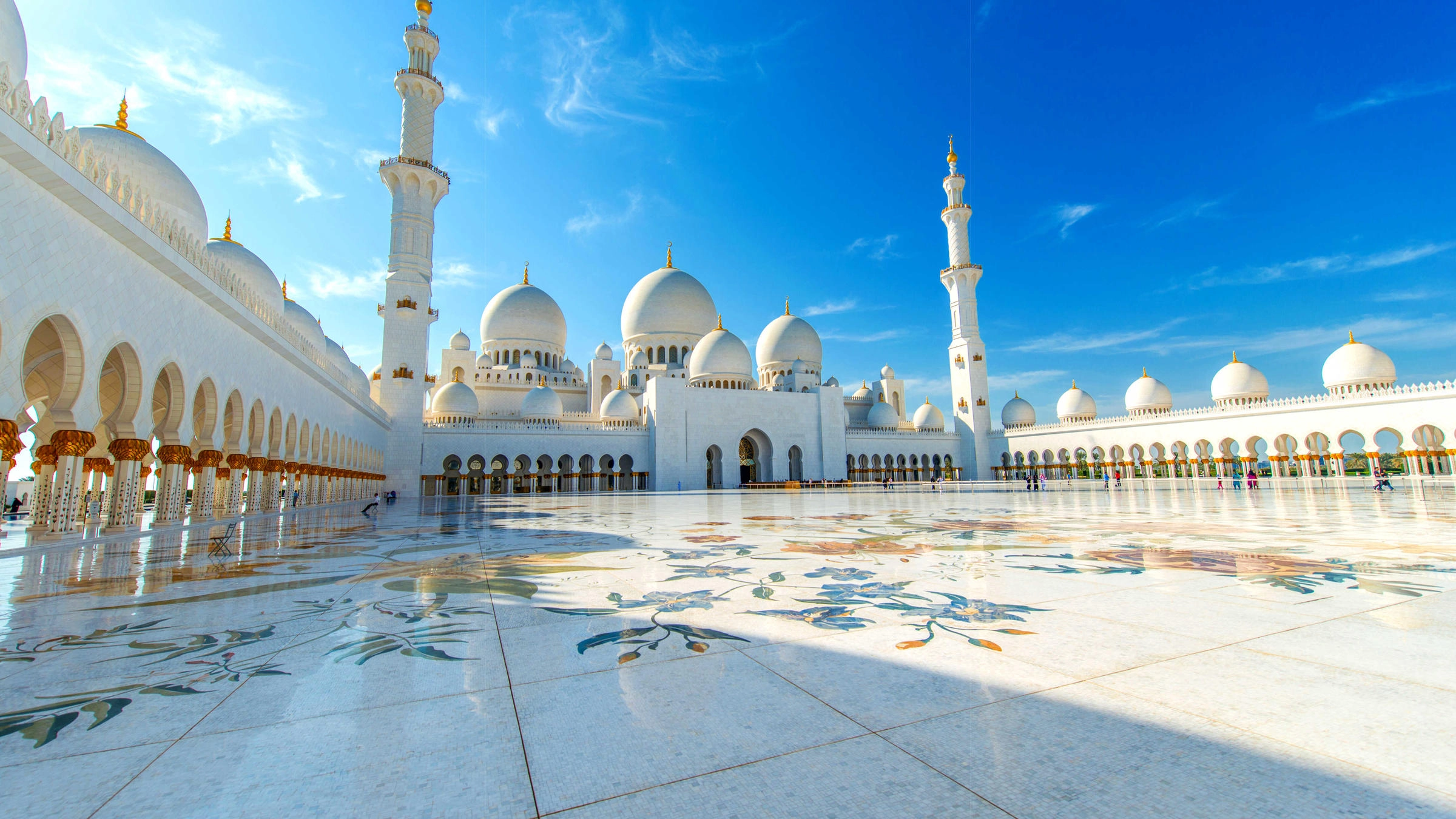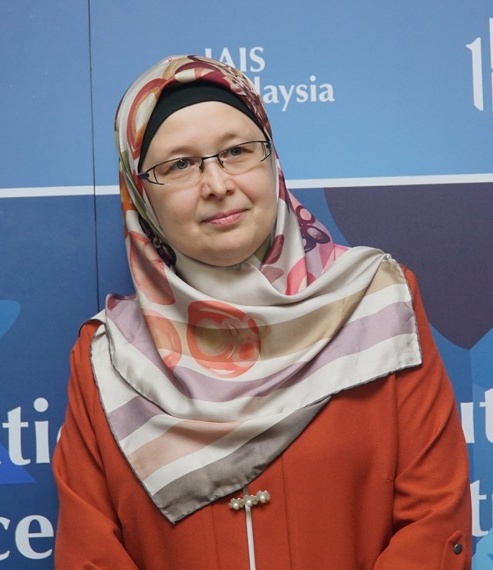COURSES DESCRIPTION

ITKI6309 Islamic Civilization in World History
This course deals with the meaning, foundations and objectives of Islamic civilization from Islamic and non-Islamic perspectives. It highlights the place of Islamic civilization in world history and its contributions to humanity in various fields. It starts with the elaboration of the emergence of Islamic civilization based on the principles of the Qur’an and the Sunnah, and subsequently examines the specific cases of the development of Muslim administrative, political, economic, social and educational institutions, and their relation to other civilizations.
The course starts with the definition of the term civilization and then moves to the discussions related to religious, politicial, social, economic and educational foundations of Islamic civilisation. The contributions of several selected medieval Muslim scholars such as Al-Jazari, Ibn Firnas, Al-Khawarizmi, Al-Jahiz, Ibn Sina, Jabir Ibn Hayyan, Ibn Haytham and Ibn Baytar to various disciplines such as medicine, chemistry, biology, engineering, arts and architecture will be also emphasized. The topic of the interactions between Muslim world and Europe will be highlighted in the light of educational activities, trade and scholarship relations. This course is significant in formulating Islamic worldview and understanding of the significance of Islamic civilization in the emergence and development of European Renaissance and Western civilization. Consequently, the course is essential as it explains inter-civilizational relations within the framework of the continuous transfer of knowledge, values and ideas between various civilizations, thus refutes the contemporary view of the existence of clash and conflict between civilizations.
The course combines synchronous and asynchronous learning material (pre-recorded video lectures), using a flipped classroom method, which allows the enrolled students to encounter the information before the class time. The synchronous sessions are used to train students to express their ideas, share their observations and to deepen their knowledge by asking questions. Each student will study a specific Muslim scholar from Islamic civilization and will present his or her findings in the class.


